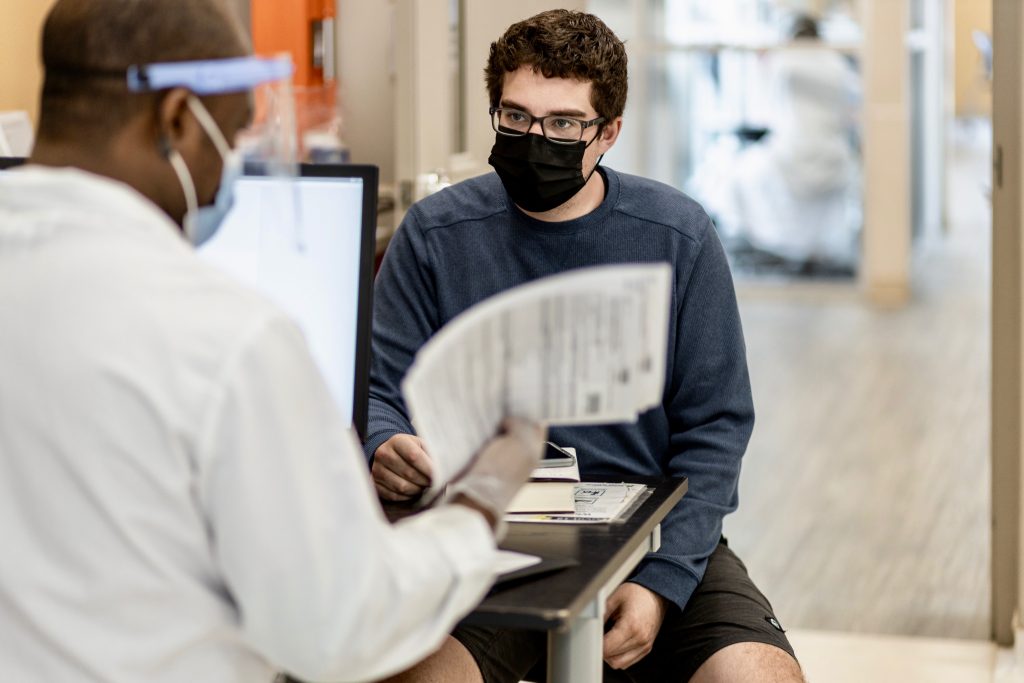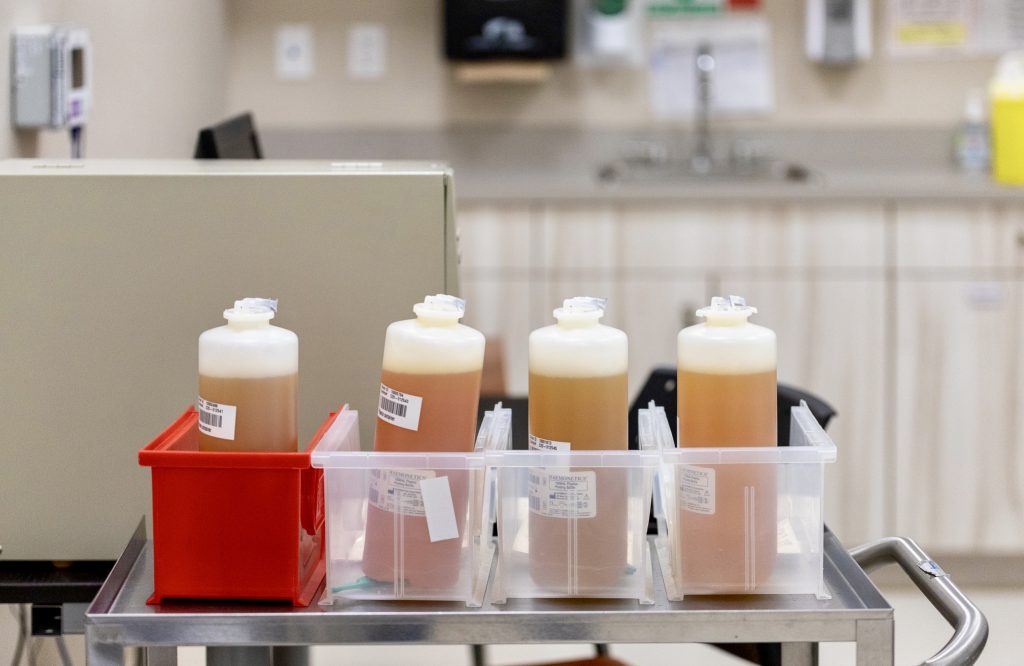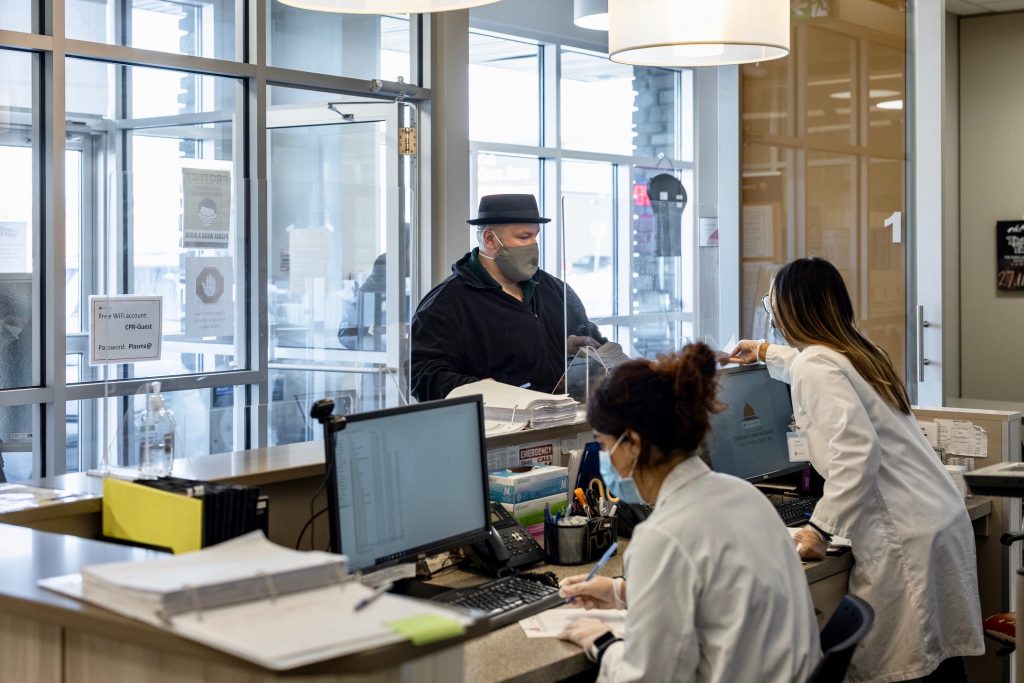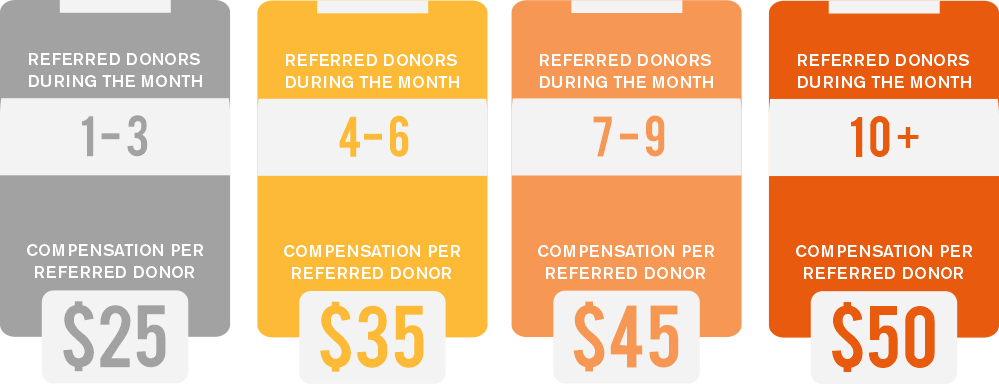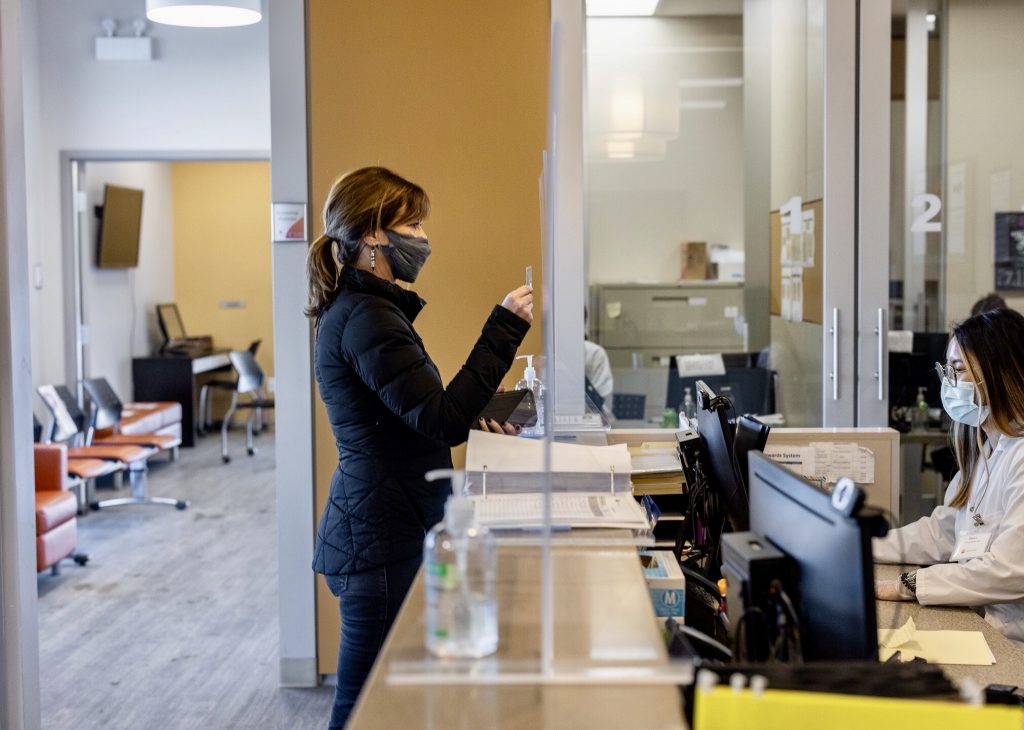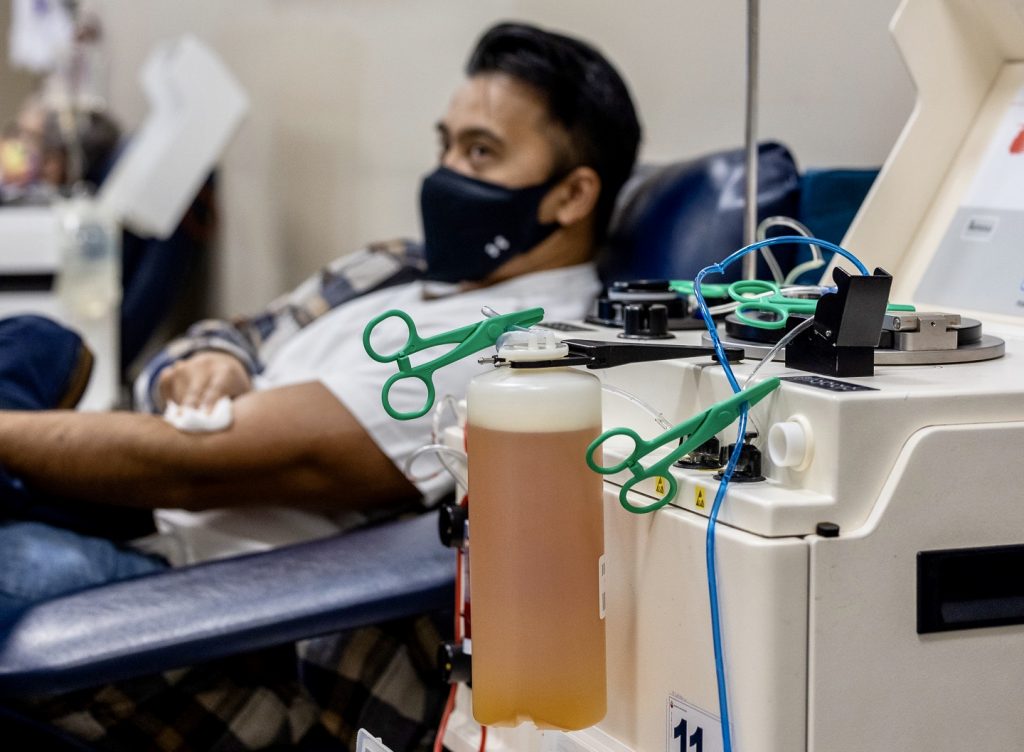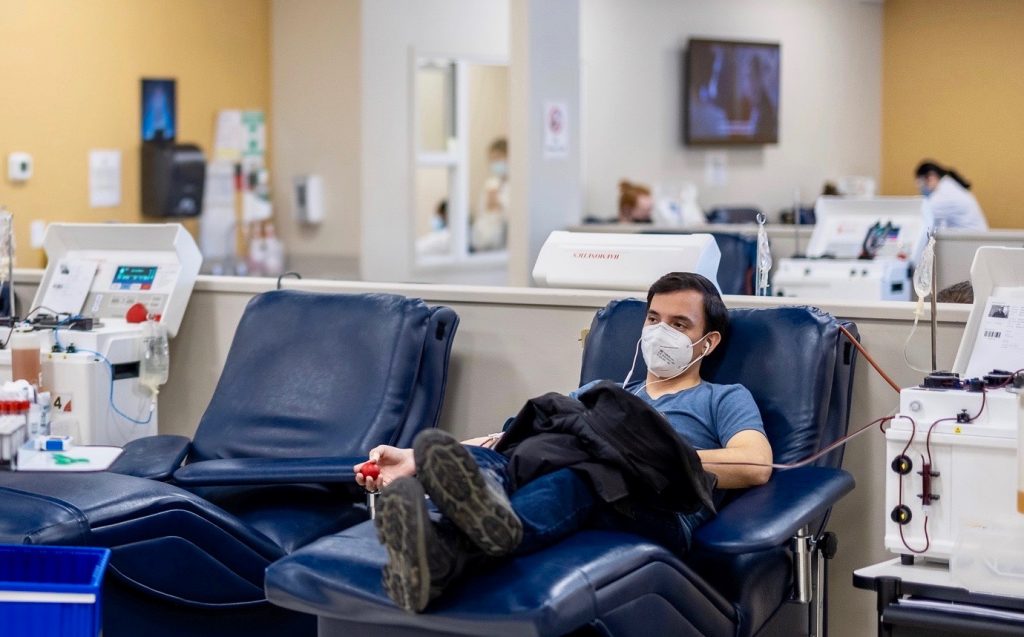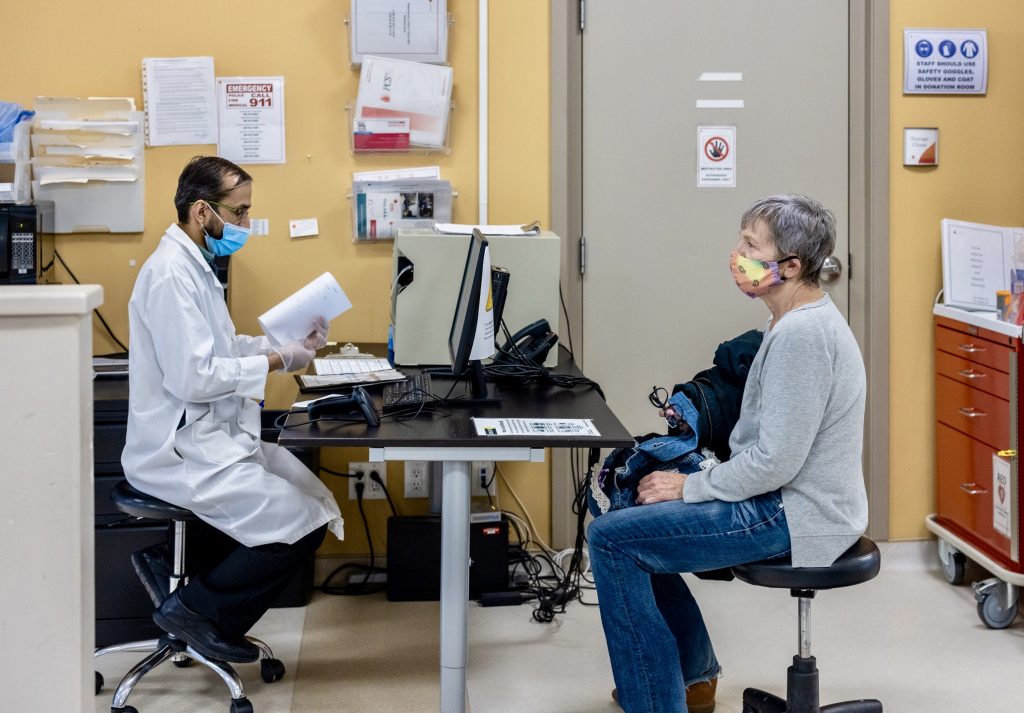plasma donation
septembre 8, 2021
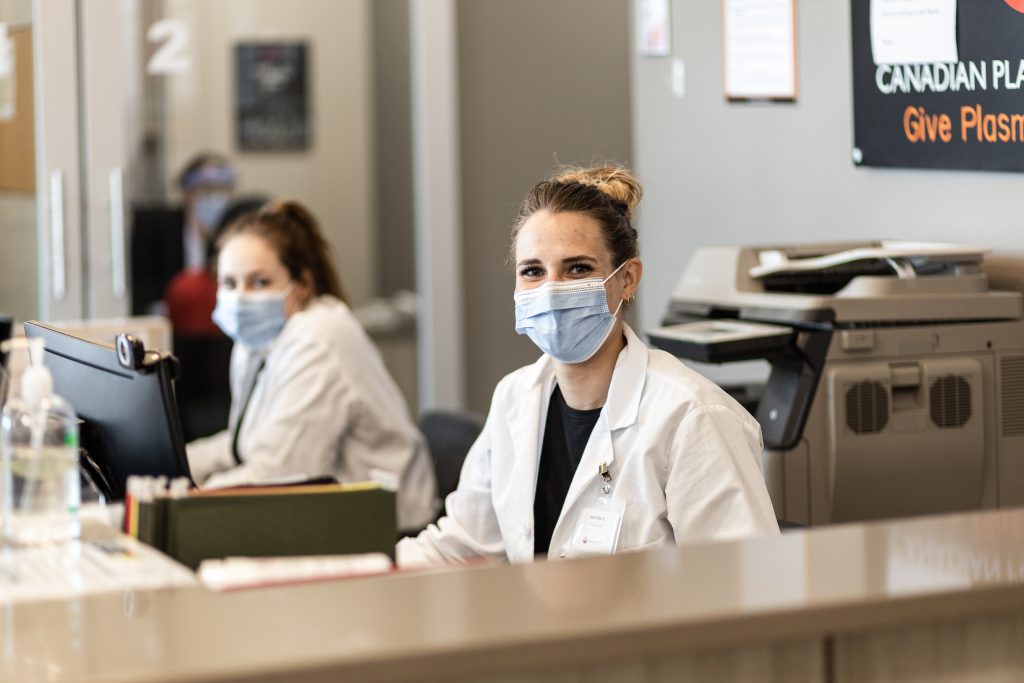
At DB Plasma, we’ve always stood behind paid plasma donations and compensated our donors for their contributions. We also continuously look for ways to optimize our compensation plan so that it’s beneficial for our donors and for the patients receiving plasma-derived treatments.
As of Monday, August 10th, we will be implementing a brand new compensation plan at our centres! Here’s everything you need to know about our updated compensation and reward plan.
How DB Plasma’s New Compensation Plan Differs from the Old Plan
Instead of compensating donors based on the frequency of their donations, we will now also be factoring in the collected volume of plasma that donors give. We’ve decided to make this change so that we can reward donors who donate a larger volume of plasma. After all, the more plasma that is collected, the more life-saving therapies can be manufactured.
For most donors, this new compensation plan will increase their compensation for their second visit of the week!
How DB Plasma’s New Compensation Plan Will Work
With our new compensation plan, donors will still have their Orange Level, Silver Level, and Gold Level Super Hero Statuses. Your current Super Hero Status will not be impacted when the new plan comes into effect on Monday, August 10th. For example, if you are a Gold Level donor in the days leading up to the new plan being put in place, you will remain a Gold Level donor.
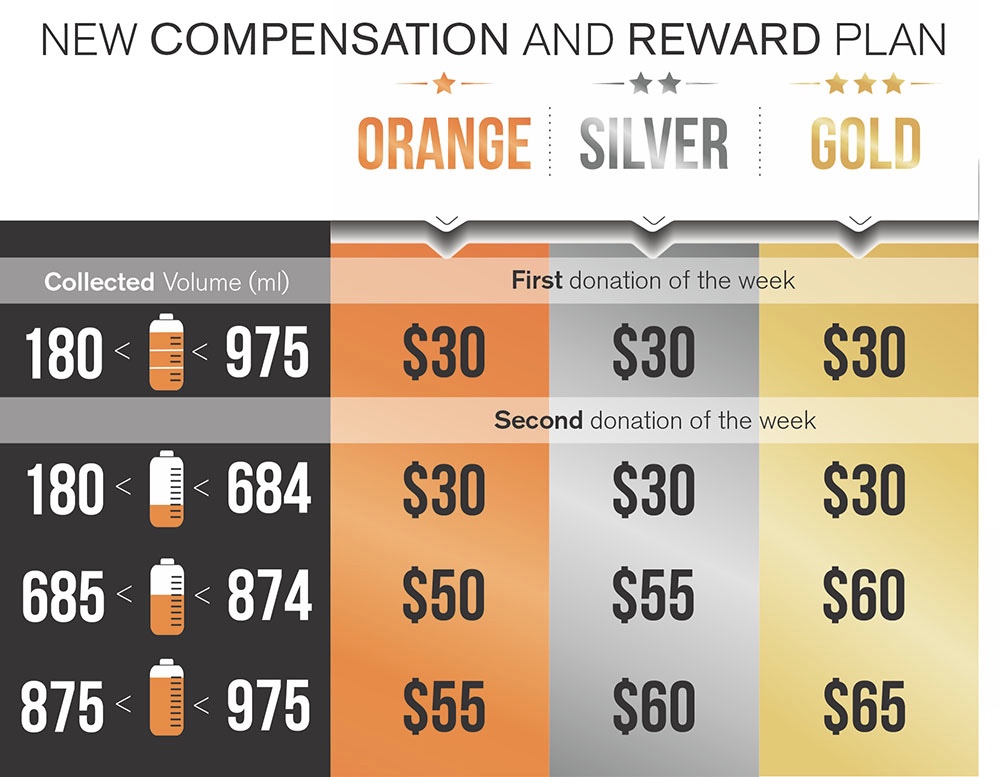
If you donate between 180ml and 684ml of source plasma, you will be eligible to receive $30 for your first donation of the week and $30 for your second donation of the week, for a total of $60 for two donations per week. Your Super Hero Status will not affect how much compensation you receive. Donors only donate this amount of source plasma when their plasmapheresis session is interrupted or cut short.
If you donate between 685ml and 874ml of source plasma, you will be eligible to receive $30 for your first donation of the week, regardless of your Super Hero Status. As an Orange Level donor, you will be eligible to receive $50 for your second donation of the week; as a Silver Level donor, you will be eligible to receive $55 for your second donation of the week; as a Gold Level donor, you will be eligible to receive $60 for your second donation of the week. This is the current compensation scheme we have in place, so if you donate this amount of plasma there will be no change to the amount of compensation you receive.
Lastly, if you donate between 875ml and 975ml of source plasma, you will be eligible to receive $30 for your first donation of the week, regardless of your Super Hero Status. As an Orange Level donor, you will be eligible to receive $55 for your second donation of the week; as a Silver Level donor you will be eligible to receive $60 for your second donation of the week; as a Gold Level donor, you will be eligible to receive $65 for your second donation of the week. The majority of our donors will fall into this category and be able to earn more with our new compensation plan!
How Compensation for Special Circumstances Will Change
We are also making changes to the compensation donors are eligible to receive when their source plasma units are rejected for being hyperlipidemic, overrun with red blood cells, or under our minimum volume level. Donors will be eligible to receive $10 when the new plan is implemented!
There will be no changes in compensation for “No Bleed”, “Sample Only”, or “Unsuccessful Venipuncture” visits:
- Donors will not be eligible to receive compensation for “No Bleed” visits, which occur when they are deferred by a physician substitute after filling out a questionnaire.
- Donors will be eligible to receive $10 for “Sample Only” visits, which occur when they have been deferred for a certain period of time and come in to get a blood sample taken to see if they will be eligible to donate at a later date.
- Donors will be eligible to receive $10 for “Unsuccessful Venupuncture” visits, which occur when donors pass their screening but are unable to donate plasma.
We’re looking forward to implementing our new compensation plan on August 10th and giving our donors a well-deserved opportunity to increase their compensation! Book your next plasma donation appointment today to contribute to a worthwhile cause and get compensated for doing so.


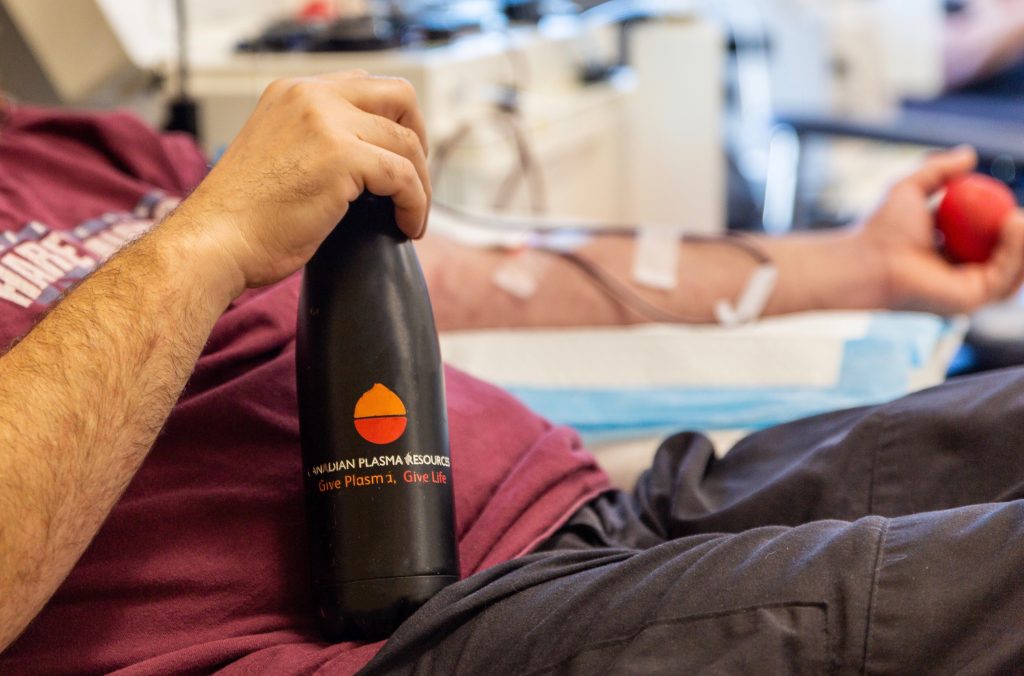 Staying well-hydrated is extremely important, especially during the summer months. Drinking enough water every day is crucial for preventing infections, delivering nutrients to cells, and keeping your organs functioning properly.
Staying well-hydrated is extremely important, especially during the summer months. Drinking enough water every day is crucial for preventing infections, delivering nutrients to cells, and keeping your organs functioning properly. 